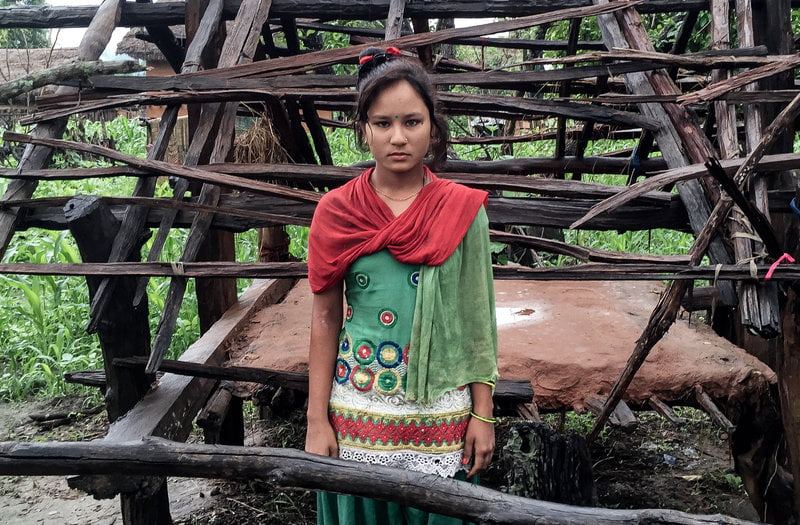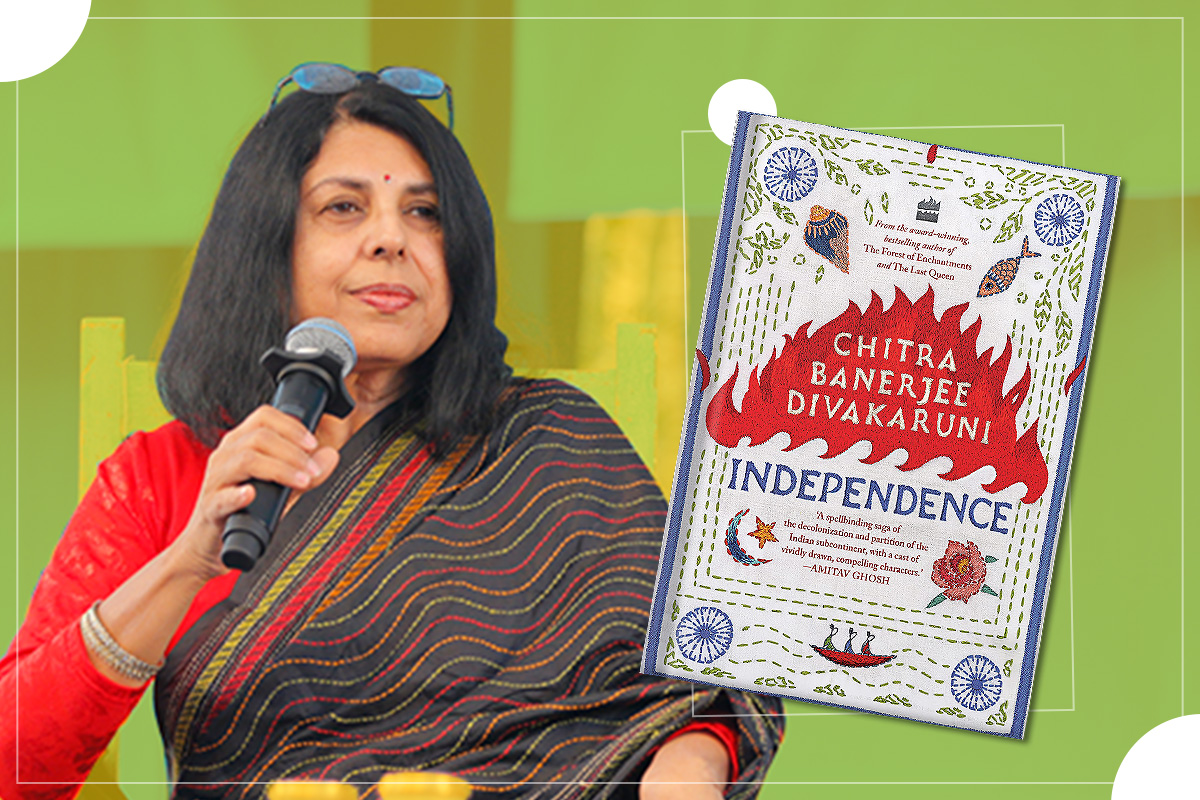Posted By Srijana Chhetri
“So you have no son?”
“Why do you need to build a big house, after all it’s just you and your wife, given your daughter will go to ‘her house’ after her marriage?”
Being the only child and that too a daughter, I didn’t know what the big fuss was, until I saw my parents face questions like these. I have heard my dad being told that he needs to treat my cousin brother with care, as he is the one to perform the last funeral rites of my parents, since daughters are not allowed to perform the funeral rites of their own parents.
Growing up listening to such ludicrous things, I gradually developed an immense hatred for such patriarchal values. Hence, I am writing this article about the misogynist and patriarchal traditions that I have seen and faced, while growing up in Nepali community.

I have always been very vocal about my believes. I openly criticize these patriarchal practices. I firmly believe that menstruating doesn’t make women impure. I have never felt that, praying or visiting temple during menstruation is sinful. In Nepali community, every Dussehra, the elders of the family give blessings to younger ones by putting “tika” on their forehead. However, menstruating women are denied such blessings.
It is said that the longer the Sindoor applied by a women, the longer would the life of her husband be. So what about the longevity of women? If Sindoor is a symbol of fertility, love and longevity, then why don’t a man wear it for his wife as well?
Her body is considered to become so impure during menstruation, that even receiving blessings from her parents and other elders, is seen as sinful. In the recent past, I attended a wedding where women who were menstruating were not allowed to attend the wedding ritual. What kind of justice is this?
While reading a book, Seeing like a Feminist by Nivedita Menon, I came across her thoughts about menstrual taboo which made perfect sense. She talks about a hypothetical situation where she wonders what would happen if men could menstruate. She goes on to explain that in a society where everything that man does is valued, a situation where a man could menstruate while a women couldn’t, menstruating itself would become an indicator of superiority, and men would be celebrated and applauded for their ability to menstruate.
Another tradition followed in Nepali community that I find patriarchal is “Ghora Dhune”, which in English translates to “washing of feet“. In this ritual, the family members of the bride have to wash the feet of both bride and groom. It is imperative that the family member of the bride perform this tradition, because belonging to the family of the bride translates to them being inferior to the groom’s side. Another instance of a patriarchal ritual is when, at the end of a wedding, the bride is made to bow down to the groom by placing her forehead on the groom’s feet. Such traditions clearly show how our society treats men as superior to women.

In Nepali community, soon after the Sindoor (traditional vermilion red or orange-red colored cosmetic powder) is applied on the forehead of the bride, the Sindoor is covered with a cloth. The reason for this is to forbid the bride’s family from seeing the Sindoor on the bride’s forehead, and the other reason is to ward off evil eye (buri nazar) from the Sindoor. I constantly question these traditions, and I do get into a lot of heated arguments for doing so.
Also read: Is Sindoor A Symbol Of Marriage Or Patriarchy?
Recently, I was even told by one of my relatives that it is because of modernity, and because of modern women refusing to wear Sindoor that women’s fertility is being affected. Such illogical arguments reflect the archaic mindset that our society has been living with. It is said that the longer the Sindoor applied by a women, the longer would the life of her husband be. So what about the longevity of women? If Sindoor is a symbol of fertility, love and longevity, then why don’t a man wear it for his wife as well?
Another tradition followed in Nepali culture that I find patriarchal is “Ghora Dhune”, which in English translates to “washing of feet“. In this ritual, the family members of the bride have to wash the feet of both bride and groom.
The most absurd tradition that I have come across, which is followed in Nepali culture, and is also followed in many other cultures, is the one where the presence of the mother of the groom in his wedding is considered inauspicious. I am troubled by the thought as to why can’t people understand a simple logic, that there can be nothing inauspicious for a mother to attend her own son’s wedding? Moreover, I am surprised as to why haven’t people questioned such traditions for so long? Why are people still following such practices in the name of tradition?

The only question I ask is “Why”! Why are the rules applicable only to women? Why is it a woman who has to make all the sacrifices in life? Who made these laws?
Also read: Let’s Talk About Period Leave For Dalit And Tribal Women
I have even been told that I would have problem in my married life because of my feminist ideologies that I should give up after being married. Are we just supposed to ignore our ideologies, our sense of right or wrong just because we respect our elders? In the name of respect, are we suppose to follow those traditions that we firmly believe are wrong? Why can a girl not ask for equality in life? And if she does, why is she not appreciated? These are some questions that demands pondering.
Srijana Chhetri is a Post Graduate in Development Studies from Azim Premji University and in Sociology from IGNOU. She is a Civil Service aspirant. She hopes to enter the system and bring some positive changes, especially with regards to women’s empowerment. You can follow her on Facebook.
Featured Image Source: Nepali Education Fund
About the author(s)
Guest Writers are writers who occasionally write on FII.




